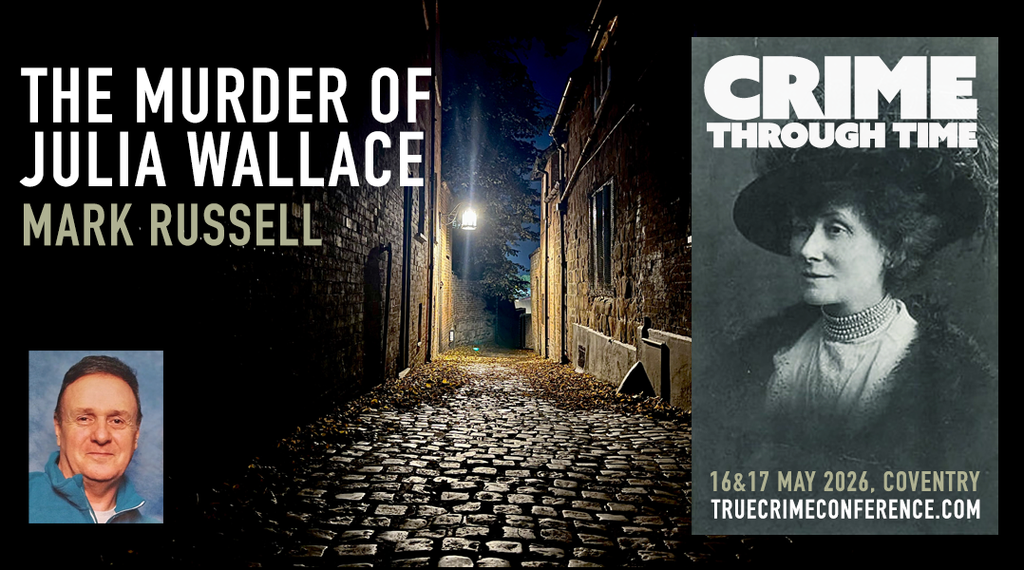THE MURDER OF JULIA WALLACE
MARK RUSSELL
On 19 January 1931 a telephone message was left for Mr William Wallace at the Liverpool Central Chess Club, of which he was a member. It involved an appointment with a possible business client for the insurance collector, and instructed him to call at 25 Menlove Gardens East at 7.30pm the following evening.
On the 20th Wallace duly left his home in Anfield at around 6.45pm and took three trams to Allerton. Despite searching the Menlove area for some time and asking several people for directions, it appeared that there was a North, South and West − but no East.
Wallace returned home to find his 69-year-old wife Julia brutally murdered in the front parlour of their home in Wolverton Street.
Despite consistently denying any involvement, William Wallace was arrested, tried and convicted of his wife’s murder, only for the verdict to be overturned by the Court of Criminal Appeal − the first time in British legal history that an appeal had been allowed after re-examination of evidence.
The question therefore remains − who killed Julia Wallace on that cold January night in 1931?
Mark Russell is a Liverpool-based historian and researcher. His book ‘Checkmate: The Wallace Murder Mystery' was published in January 2021 by Mango Books to commemorate the 90th anniversary of the case. His interests include true crime, music and films.
